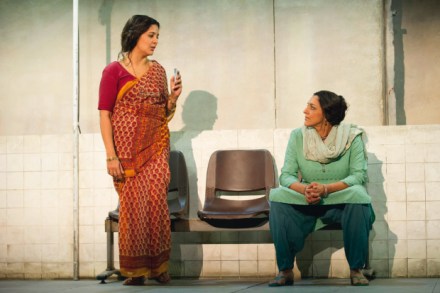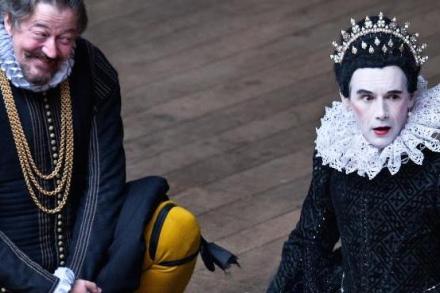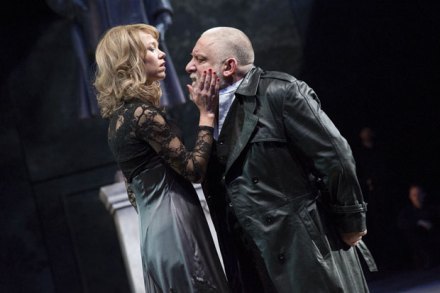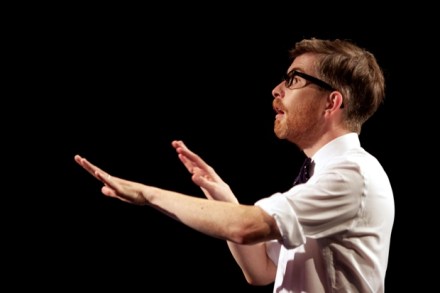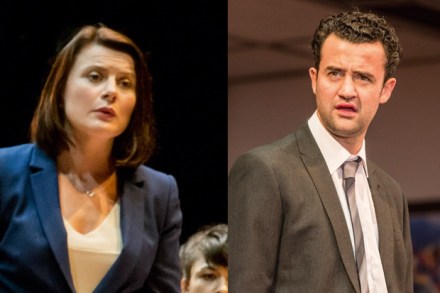The National Theatre could – and should – survive without state funding
Two glorious playhouses grace the south bank of the Thames. Shakespeare’s Globe and the National Theatre stage the finest shows available anywhere in the world. Both are kept in business by the play-going public who last year helped the Globe to turn over £21 million, with a surplus of £3.7 million. Audiences also flocked in record numbers to the NT and it notched up nearly 1.5 million paid attendances, with its three houses playing to over 90 per cent capacity. But there’s a massive difference between the two. The Globe is funded by customers who spend cash freely in an open market. The NT gets a bung of £17.6 million
